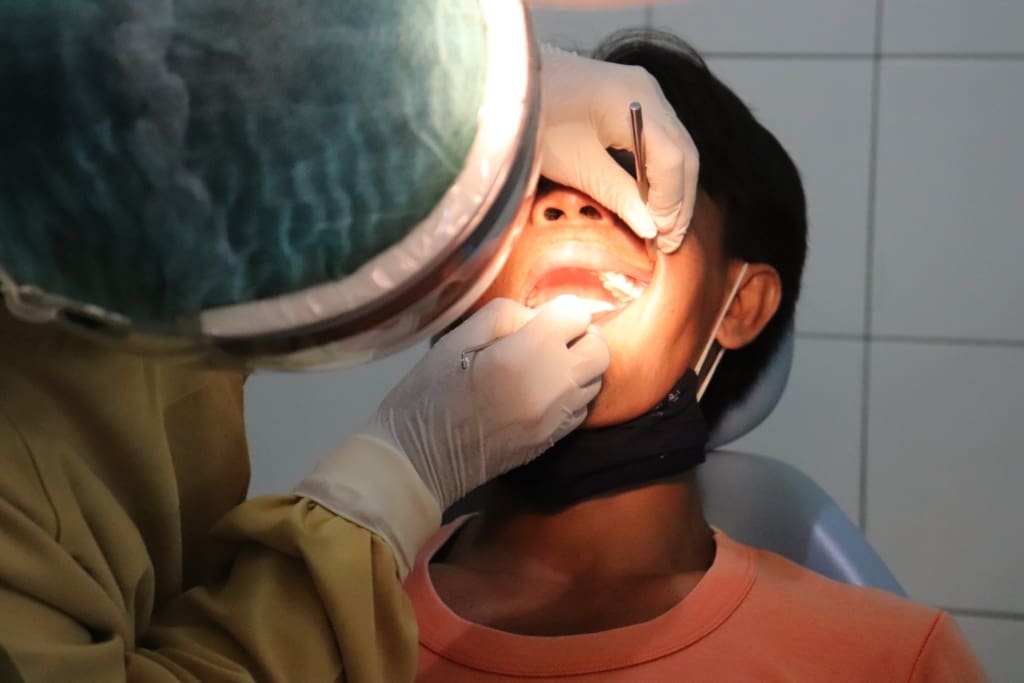Missing teeth can be quite an inconvenience, both in terms of aesthetics and functionality. It can affect a person’s confidence and ability to speak and eat, and can even lead to further dental problems. Fortunately, dental bridges are a popular solution for replacing missing teeth.
Read on as we discuss the benefits of dental bridges, how to care for them, and other important information you should know today.
The 4 Benefits of Dental Bridges
Dental bridges are a type of dental restoration that is used to replace one or more missing teeth. They are made up of two or more crowns that are placed on either side of the gap, with a false tooth in between. Here are some benefits of dental bridges:
- Improved appearance: Dental bridges can improve the appearance of your smile by filling in gaps caused by missing teeth. They can also prevent your remaining teeth from shifting, which can cause further dental problems.
- Improved speech: Missing teeth can affect your ability to speak properly. Dental bridges can help you speak more clearly and confidently.
- Improved chewing: Missing teeth can make it difficult to chew properly, which can lead to digestive problems. Dental bridges can restore your ability to chew and prevent further dental problems.
- Long-lasting: With proper care, dental bridges can last for many years, making them a cost-effective solution for replacing missing teeth.
Ways to Properly Care for Dental Bridges
Proper care of your dental bridges is important to ensure that they last as long as possible. Here are some tips for caring for your dental bridges:
- Regular brushing and flossing: Just like your natural teeth, dental bridges need to be brushed and flossed regularly to prevent plaque buildup and gum disease.
- Regular dental checkups: Regular dental checkups are important to ensure that your dental bridges are in good condition and to detect any problems early.
- Avoid hard or sticky foods: Hard or sticky foods can damage your dental bridges. Avoid chewing on ice, hard candy, or anything that is sticky or chewy.
- Use a mouthguard: If you play sports, it is important to use a mouthguard to protect your dental bridges from damage.
Dental Bridges: Other Important Information to Keep In Mind
Here are some other important things to know about dental bridges:
The Types of Dental Bridges
There are several types of dental bridges, including traditional bridges, cantilever bridges, and Maryland bridges. Your dentist can help you choose the best type of bridge for your needs.
The Procedure
The procedure for getting dental bridges involves preparing the teeth on either side of the gap, taking impressions of your teeth, and placing a temporary bridge until the permanent one is ready. Once the permanent bridge is ready, it is cemented into place.
The Cost
The cost of dental bridges varies depending on several factors, including the type of bridge, the number of teeth being replaced, and your location. Your dental insurance may cover some or all of the cost.
The Risks
Like any dental procedure, there are some risks associated with getting dental bridges, including infection, nerve damage, and allergic reactions to the materials used. However, these risks are rare and can be minimized by choosing a qualified and experienced dentist.
Conclusion
Dental bridges are a popular solution for replacing missing teeth. They offer many benefits, including improved appearance, speech, and chewing, and can last for many years with proper care. Caring for your dental bridges involves regular brushing and flossing, dental checkups, and avoiding hard or sticky foods. If you are considering dental bridges, talk to your dentist about the best type of bridge for your needs and the cost involved. With proper care, dental bridges can restore your smile and improve your quality of life.
Are you looking for a holistic dentist in Northampton, MA? Northampton Dental Specialists Group offers decades of professional dental experience. With us, your oral health will be at its best. Give us a call today to learn more!






